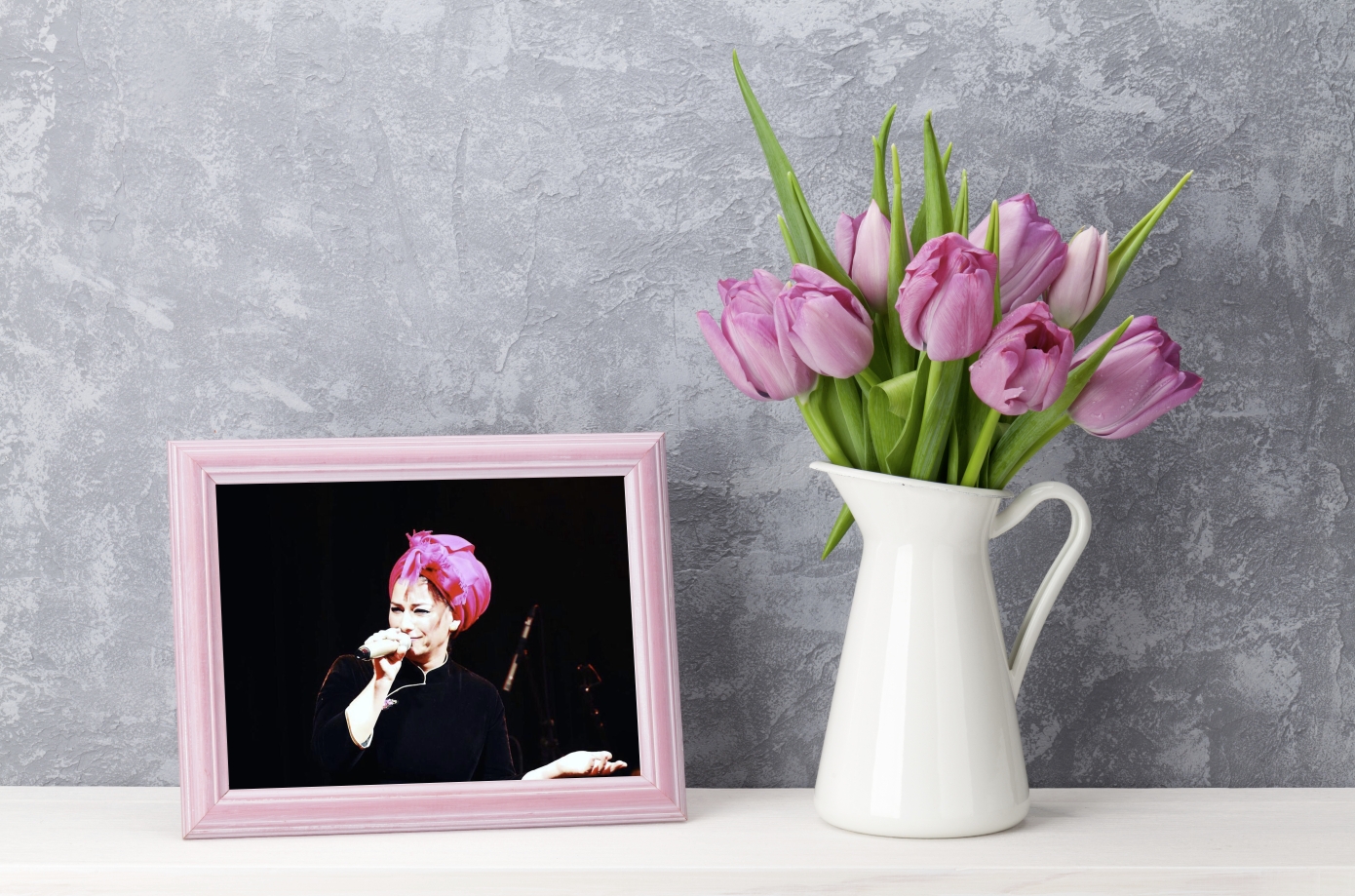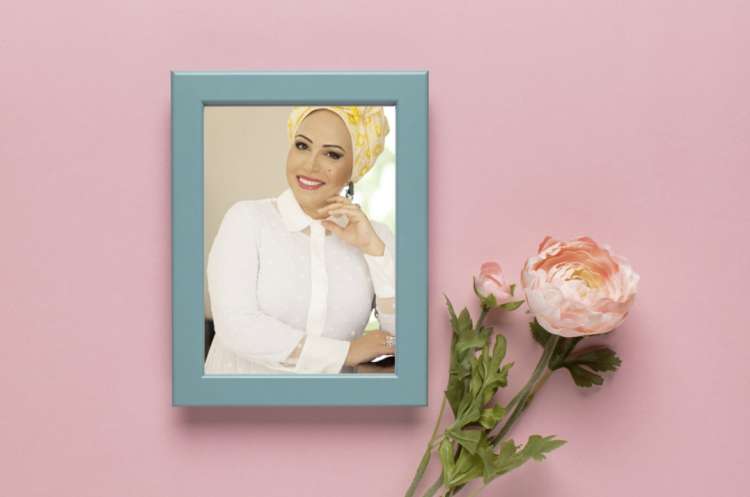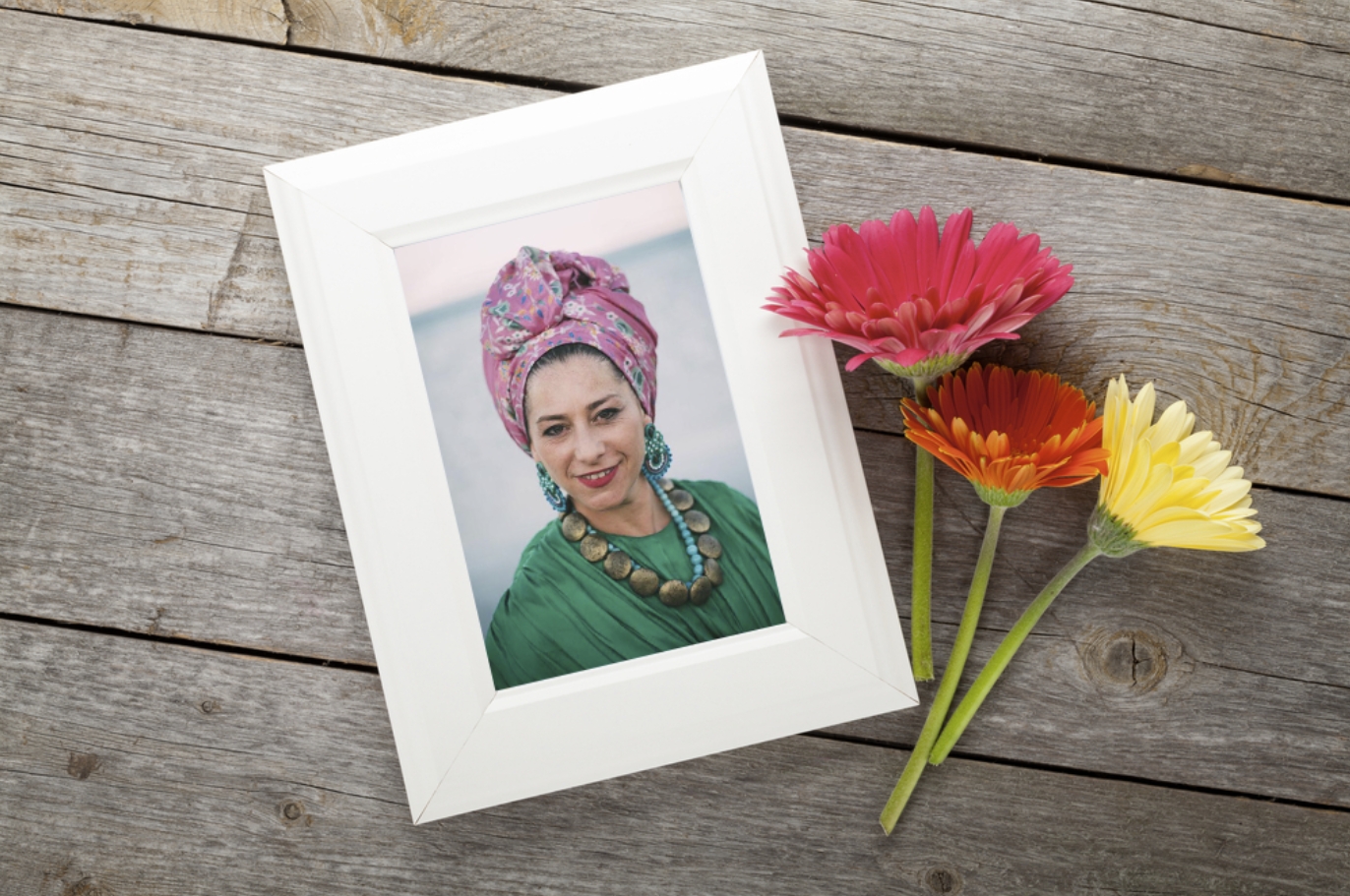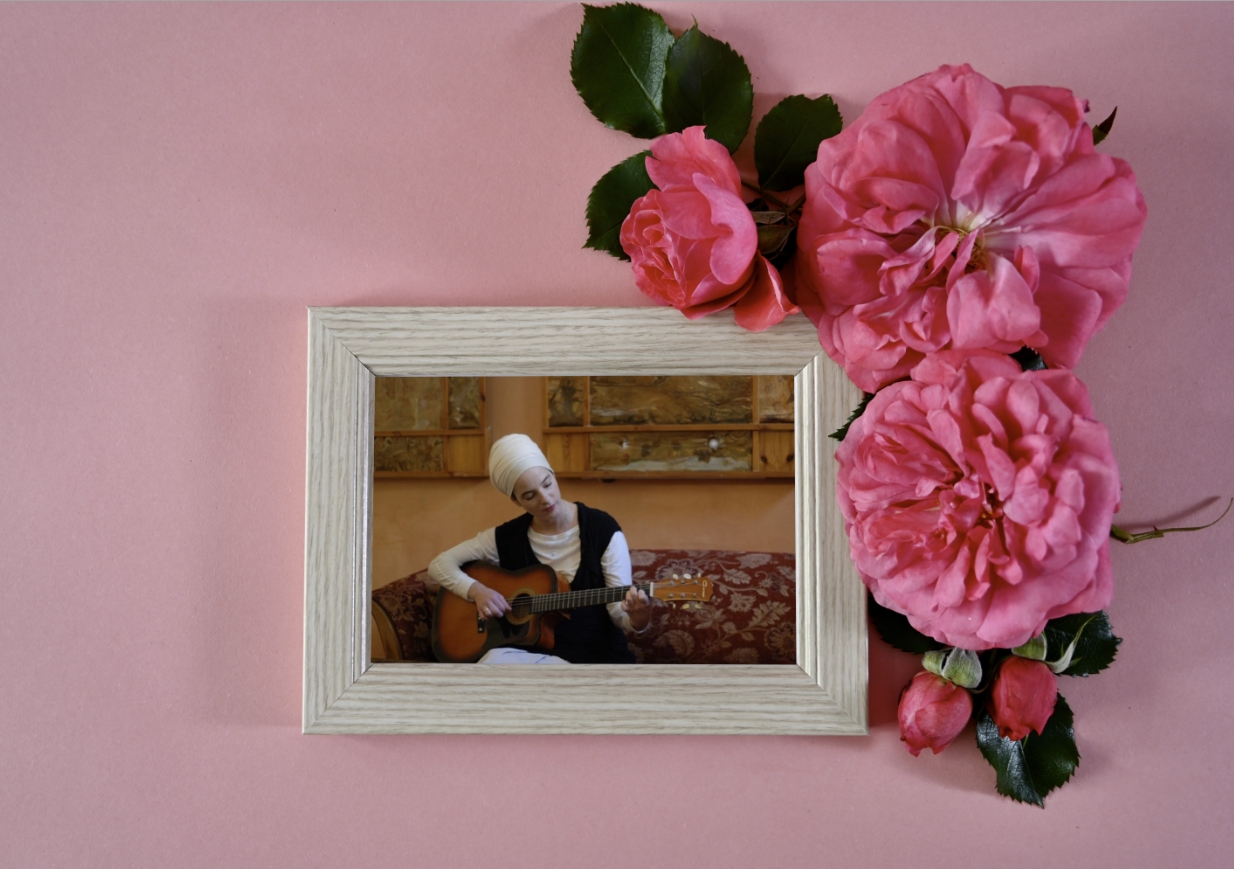Religious Female Singers: "Doors Are Being Closed on Us, We Are Not Allowed to Perform"
They are religious female singers wanting to perform for women only, but recently doors have been shut in their faces due to claims of "male exclusion." Singers Rika Razel, Sharon Rotter, and Inbar Tabib speak painfully about the situation but remain confident: "There is a way to change reality, and it's in our hands."
 (Photo: shutterstock)
(Photo: shutterstock)Recently, singer Eti Ankry posted on social media apologizing to women who purchased tickets for her show at 'Zappa' in Jerusalem. The performance did not occur because the venue's owners claimed that the law does not allow them to hold a performance intended for women only.
Eti Ankry is not alone. Many religious female singers report during this period that they are not allowed to perform in various places due to claims of "breaking the law." These claims are accompanied by explanations using words like "exclusion," "illegal separation," "harm to public rights," and other expressions that might sound sincere and beautiful. However, regarding this issue, it seems that the only thing really hiding behind it is the desire to undermine religious principles.
Feels Like a Battle
"This is a struggle of the Women's Lobby," explains singer Rika Razel. "It started several years ago, picked up speed before the COVID era, when, as you may recall, there was an attempt to fight against a major performance by Chassidic singer Moti Steinmetz who sang before men only. Corona then erupted, performances were canceled, and now this activity is returning with full force."
Indeed, during this period, as performances begin to flourish again, religious female singers who insist on performing before female audiences only find themselves in a difficult problem.
"They claim we are excluding men and that it is illegal," Rika explains, "but in reality, it is clear that this law does not truly exist. There is nothing other than a battle against religion, with no other logical explanation."
 Rika Razel
Rika Razel"In general, public places tend to follow the law," adds singer Inbar Tabib, "so they stick to the literal law which supposedly states that it is forbidden to conduct activities that exclude a certain sector. They claim they can't allow us to perform for women only. But, as we all have seen, beaches have agreed hours and days when they are separated, and so do pools, where they know to respect the fact that our community needs separation for modesty and halacha observance. Why should it be different for performances?"
Inbar recounts that she personally approached several large venues where she planned to hold her performances, but the response was repeated time and again – she is invited to perform, but only on condition that it is not written anywhere that the show is intended for women only. "They also gave me another option," she says. "They told me I could rent the place and hold a private event there, without any sponsorship or support. These are absurd amounts with which neither I nor any of my colleagues could keep up."
Inbar argues that the whole claim is fundamentally ridiculous: "They say we're excluding men, but I really don't think our performances would suit a male audience. What man is interested in a woman with a head cover singing songs about redemption, the Temple, and female unity? I really don't think there are men who would want to come to such performances. If there are men who want to hear female singers – let them go to those who don't insist on separation. Why would they want to hear specifically a Chassidic singer?"
 Inbar Tabib (Photo: Einat Hanover)
Inbar Tabib (Photo: Einat Hanover)
"We Are the Ones Being Excluded"
Singer and creator Sharon Rotter also encounters this phenomenon in all its strength. "It's not just that they prevent us from performing in halls," she emphasizes, "there is also the prevention of budgets and sponsorship. Many organizations and bodies receive budgets to invite various singers, and they don't employ us. For example, you can see that there are currently festivals of all kinds and sorts, each promoting a different audience and getting massive budgets. Only when it comes to performances for women, the claim is heard that they can't fund singers who sing before women only because it creates gender discrimination. Personally, I investigated the matter, and it turns out that there is indeed a law prohibiting discrimination, but there's also an amendment which says that if it concerns an individual's belief, then exceptions can be made. In our cases, it's certainly faith-based. But it seems that the Women's Lobby is not really trying to read the law carefully."
How does this affect you practically?
Rika: "First, there's the financial issue, because many public places are unwilling to risk a lawsuit, so they don't organize women's only performances from the outset. For example, municipalities with many budgets prefer to direct them to events meant for the general public. Some authorities even cancel performances they had already booked. Meanwhile, some places do not allow female singers to perform in women's only shows, even if they organize the event independently. They simply don’t let them rent the hall. Many religious female singers are ba'alei teshuva, and this hits them at their most sensitive point – they made brave decisions and worked hard to conduct themselves solely according to halacha, and now the doors are being slammed in their faces because of it."
 Rika Razel
Rika Razel Rika stresses that the loss is also that of the audience. "In Israel, there is quite a significant community of women who would love to participate in separate performances, not necessarily from the religious sector. There are women from all sectors who connect to female culture and enjoy such performances. Why shouldn't they be allowed to enjoy? Why should it bother anyone that I want to express my voice before women? Just as I don't interfere with others' performances, they shouldn't interfere with mine. Why is there space for everyone at the Pride Parade, but I, as a religious woman, have no place, nor can they respect me?"
And Sharon adds, "Personally, I feel that because of all this, there is an Israeli, Jewish, and female voice that is being lost. It's not just that they're denying us the economic opportunity to perform and earn a living, but they genuinely prevent the audience from discovering quality creators who have a lot to offer. A situation arises where singers can become famous overnight, but a religious female singer can perform for ten years without her name becoming known."
Do you think there are religious female singers who might stop insisting on performing for women only because of this?
“I fear it might happen,” Rika replies. "Personally, at the beginning of my journey, I was very hesitant about whether to perform in mixed shows, and part of it was because I suddenly found that doors were closing due to allegations of female exclusion. I think religious singers who try again and again to perform without success might stop going overboard for such insistence, because it's really very difficult."
And Inbar shares her perspective as a ba'alat teshuva: "At the beginning of my path, it wasn't easy for me to decide not to perform before men, but today I'm so certain of my place, and I don't have a shred of thought that maybe I should have behaved differently. On the contrary, what's happening now on the ground only gives me the desire to push and advance religious and Chassidic creations of women who choose to adhere to halacha. The reality that has developed here is outrageous – it's not that men are being excluded since they don't want to participate in shows anyway; we, the Chassidic female singers, are the ones being excluded when they don’t allow us to perform as we wish and empower women."
Unite Together
Let's talk practically. Do you think there's anything to be done to make things change?
Sharon argues that not only should women's performances be recognized, but it is also an opportunity to ensure that the field becomes recognized and even receives dedicated funding, possibly even allocating a hall just for this. "I know it's not simple, because to get funding you need countless approvals, but perhaps once they understand that legally it’s not truly forbidden, maybe they will allocate one or two stages, and the option for women-only performances will become fundamentally possible."
 Sharon Rotter
Sharon Rotter"There is definitely something to be done," Rika sounds optimistic. "However, things will change only if we succeed in raising public awareness to this issue. This is why particularly in times like these when they try to restrict us, we must insist more than usual to perform in any possible way. I believe that as women-only performances become routine, people will learn to see the beauty they hold and understand there is no reason to oppose their existence."
As part of this, she mentions that this week, on Wednesday, she plans to perform in a joint performance with other famous singers, including Din Din Aviv, Sharon Rotter, and Yael Kalifa. "It is a vocal performance intended for any woman interested in a women's performance. It will take place at Beit Alliance in Jerusalem, where we will bring songs of comfort in the spirit of the Three Weeks. Everyone is invited to sing with us, and hope together with us for unity and the redemption of Israel."

